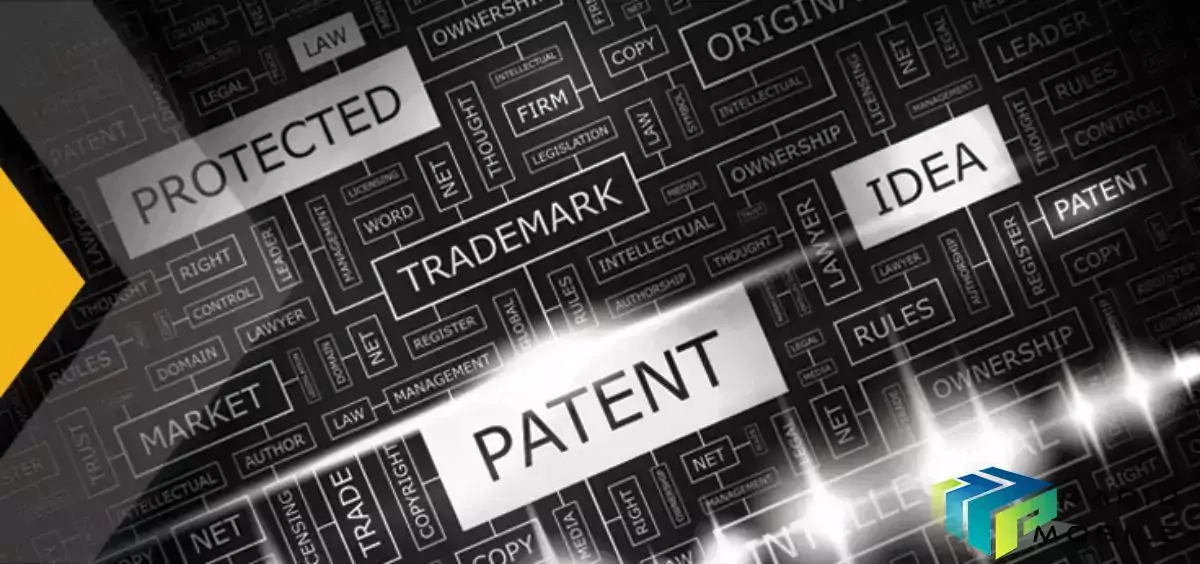In what could be perceived as a surprise move, BlackBerry launched an infringement suit against Nokia Corp. in a US court Tuesday for allegedly using 11 of BlackBerry’s patents that describe proprietary technology underlying third- and fourth-generation mobile communication.
According to the suit, Nokia was “willfully blind” to BlackBerry’s patents and egregiously used BlackBerry’s patented technology in Nokia’s wireless computer network Flexi line products and an accompanying software suite. The suit also accuses Nokia of encouraging consumers and mobile service providers like AT&T and T-Mobile US to infringe BlackBerry’s long-term evolution and universal terrestrial radio access network technologies.
BlackBerry says,
“Nokia encourages and instructs customers, mobile service providers such as T-Mobile and AT&T, to purchase, deploy and use infringing products to develop and operate their LTE networks and UMTS networks,”
The 11 patents in suit were issued as late as 2014 and describe specific methods and systems of improving 3G and 4G communications. They do that by detecting the number of transmit antennas in a wireless network base station, combining space-time coding to improve efficiency, and offering services unavailable through networks, among other things.
According to the suit, many of the patents are continuations of patent applications filed in the early 2000s, and many include claims that cover features of the LTE and universal mobile telecommunications system standards set by standard-setting organizations.
The suit claims that Nokia Siemens Networks, which Nokia Group owns, had become aware of BlackBerry’s patents no later than July 2009, during an asset sale agreement with Nortel Networks Corp. At the time, NSN sought to license or acquire Nortel patents and patent applications. But Nortel later sold those assets during its 2011 bankruptcy proceedings to BlackBerry.
During Nortel’s bankruptcy, Nortel sought to sell its IP assets, releasing it from its SSO commitments, but Nokia objected, arguing that Nokia and other industry members relied on its SSO commitment, the suit says.
BlackBerry further alleges that Nokia also became aware of BlackBerry’s patents during a prosecution of its own patents, when an international search report cited the patents-in-suit.
Additionally, BlackBerry and its predecessor, Research In Motion Ltd., have notified the European Telecommunications Standards Institute — an industry SSO — multiple times since 2010 that BlackBerry’s patents may become essential to LTE and UTRAN standards.
The suit asks the court to find that Nokia infringed the 11 patents and reward BlackBerry royalties, pre- and post-judgment interest, attorneys’ fees, and enhanced damages for the “egregious infringement.”
Interestingly, the patents in question are all related to standards and are unlikely to be able to block sale of any Nokia products and must be licensed on FRAND terms.
Back in 2012, BlackBerry (then Research in Motion) lost against Nokia and paid approximately $65 million, in an agreement between both companies resulting in the settlement of all patent litigation between the companies and Nokia’s dismissal of all pending actions in the United States, United Kingdom, Canada and Germany.
The suit against Nokia is the latest front in BlackBerry’s recent push to assert patent rights against multiple tech companies. BlackBerry asked a New York bankruptcy court Friday, to lift the stay on its patent suit against Avaya Inc., claiming that the company is continuing to sell the allegedly infringing products.



